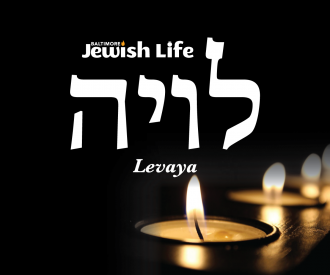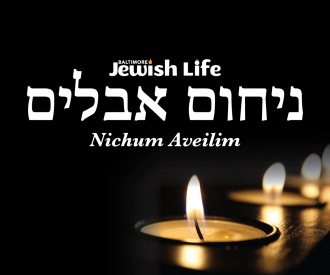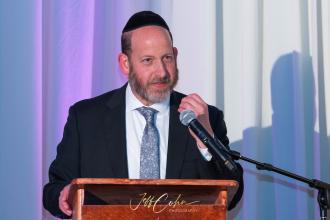The Knesset Research Center examined and found that there are gaps of tens of percent in the Ministry of Education’s investment in the recognized non-official schools in the chareidi and Arab sectors.
The report, published for the first time in Ynet, shows that while the Education Ministry’s budget for a class in a state-religious school is 446,278 NIS, a chareidi class in an unofficial/recognized school – not in Chinuch Atzmai or the Shas educational system, received 186,871 NIS – a gap of more than 250,000 NIS.
The results of the study were presented Wednesday morning at a meeting of the Committee for Distributive Justice and Social Equality in the Knesset on the inequality in the budgeting policy and wage conditions in the unofficial educational institutions.
As reported in Kikar Shabbos News, in detail, the study shows that the allocation of funding among elementary schools in Israel is not uniform, and thus the non-official/recognized schools are budgeted at only 40% to 60% of the budget of an official educational institution.
The Ministry of Education distributes schools according to different categories, such as official, recognized, non-official, chareidi outside of the network and more, and there are gaps of thousands of shekels per student and hundreds of thousands of shekels per class.
As mentioned, the committee headed by MK (Likud) Mickey Zohar convened to discuss the issue and will try to eradicate the discrimination against the students of the recognized/unofficial schools.
After the Knesset Finance Committee raised the cancellation of the revision that prevented the transfer of the budget to the Christians, MK Zohar initiated the discussion with him on the committee, claiming a fast deal was made.
The directors of the institutions express their resentment at the fact that the handling of the distress of the non-official/recognized schools in chareidi education is handled by secular Knesset members, while most of the chareidi MKs do not help to eliminate the discrimination.















